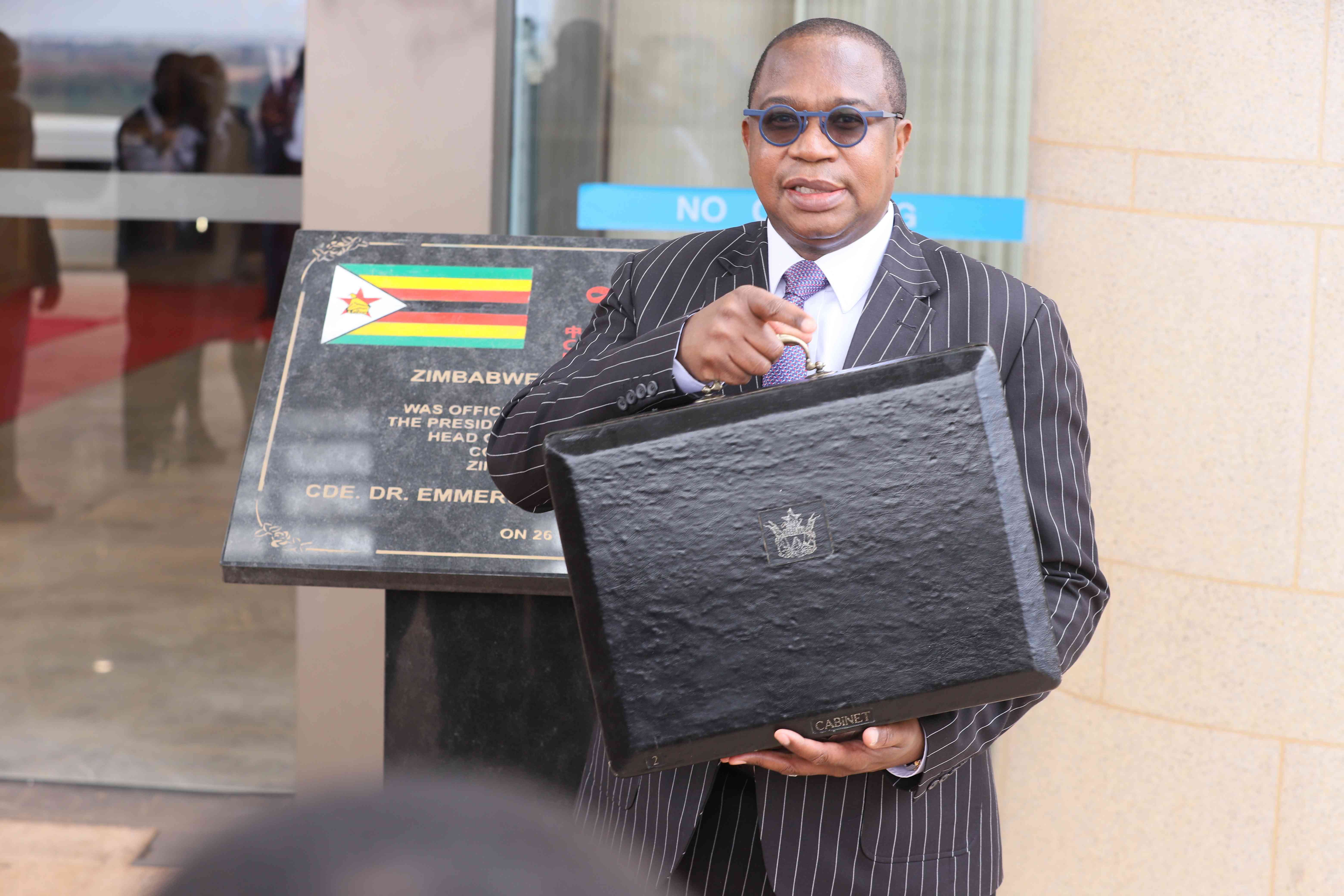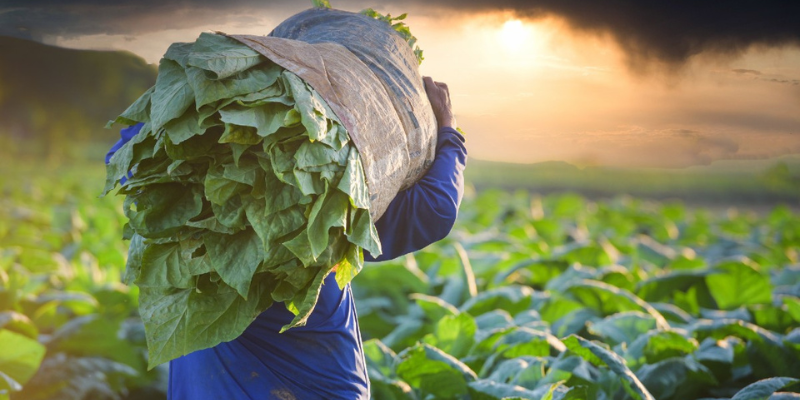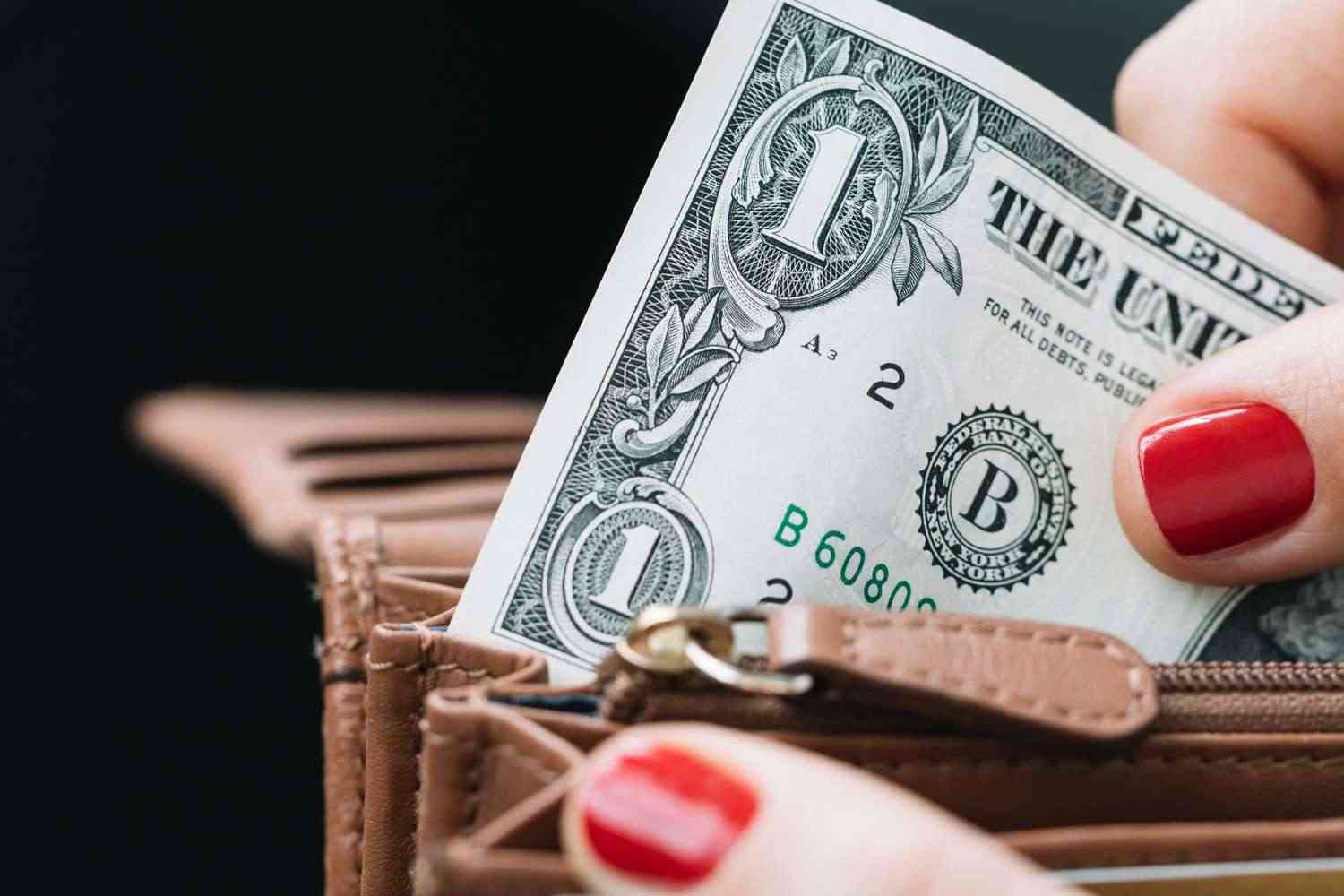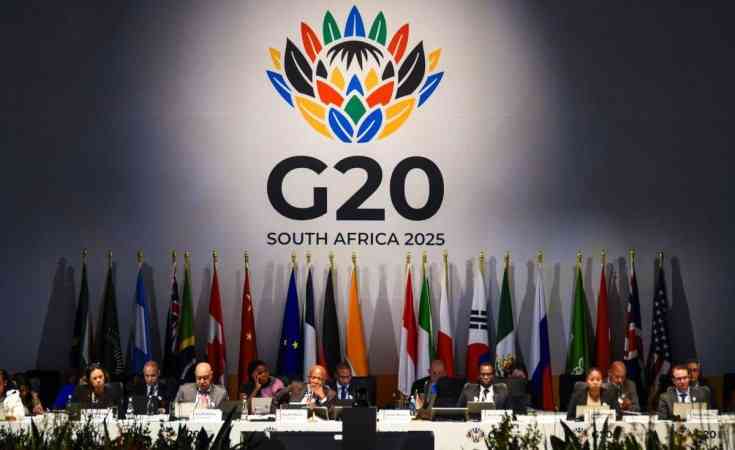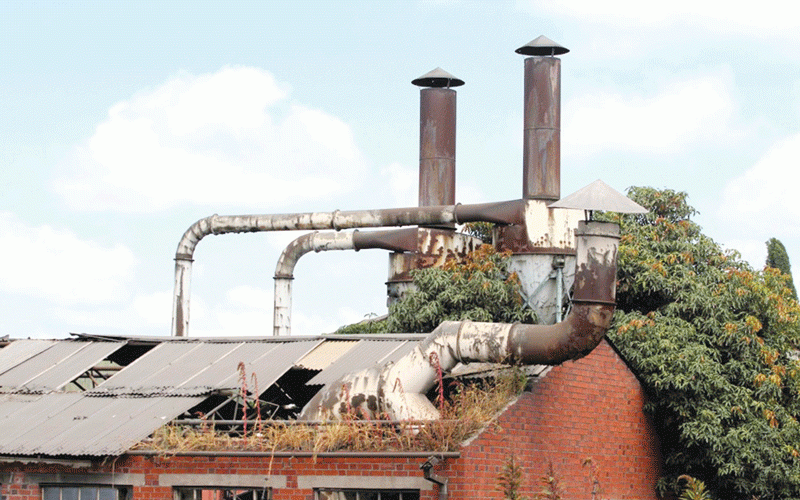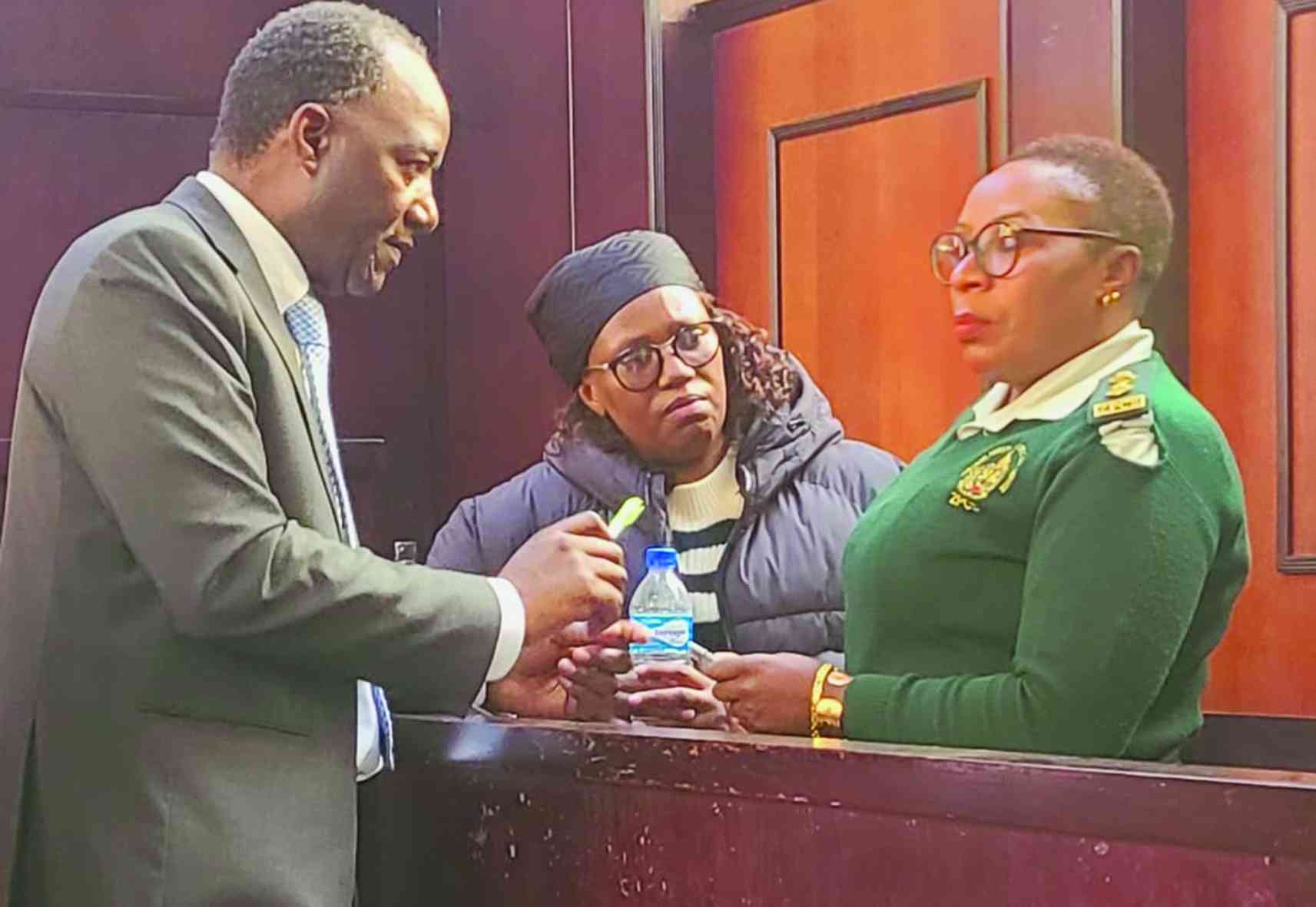
BELOW is a letter to the Zimbabwe ambassador in Geneva dated July 11, written by Irene Khan, the United Nations special rapporteur on the promotion and protection of the right to freedom of opinion and expression, following the arrest and detention of Zimbabwe Independent editor Faith Zaba:
Excellency,
I have the honour to address you in my capacity as special rapporteur on the promotion and protection of the right to freedom of opinion and expression, pursuant to Human Rights Council resolution 52/9.
In this connection, I would like to bring to the attention of your Excellency’s government information I have received concerning the arrest, detention and prosecution of journalist Faith Zaba, on charges of allegedly undermining or insulting the authority of the President in direct connection to her journalistic work.
Faith Zaba is a Zimbabwean journalist, editor of the Zimbabwe Independent newspaper. According to the information received: On June 27, a satirical column titled When you become a mafia state was published in the Zimbabwe Independent newspaper by an author under the name Muckracker.
The opinion article referred to the government’s alleged interference in the politics of neighbouring countries and said that the current administration was “obsessed with keeping itself in power”.
Shortly after, police summoned Ms. Zaba, the newspaper’s editor, to appear at the central police station of Harare.
On July 1, 2025, when complying with the summon, Ms. Zaba was arrested on charges of undermining or insulting the authority of the President in relation to the said column.
- Zimind editor scoops global award
- In honour of Abigail Gamanya
- Minister calls for new media investors
- Feature: Digital gender gap fuels cyber abuse
Keep Reading
On July 2, 2025, Ms. Zaba appeared at the magistrates’ court in Harare, where her bail hearing was deferred to July 3 after the prosecution requested more time to verify her medical history.
Ms. Zaba’s defence asked that she be granted bail. On July 3, 2025, the court reportedly stated it could not deliver its judgment on the bail request because of a power blackout.
On July 4, 2025, the court finally granted Ms. Zaba bail, with conditions including that she must report to police once a week, surrender her valid passport, and not interfere with investigations until the matter has been completed.
The decision also set July 29, 2025 as her next date of appearance in court.
Under Zimbabwe’s Criminal Law (Codification and Reform) Act, if convicted, Ms. Zaba could face a fine or imprisonment not exceeding one year, or both.
Without wishing to prejudge the accuracy of the above-mentioned allegations, I am concerned about the seeming arbitrary detention and ongoing prosecution of Ms. Zaba, on charges that appear to be in direct retribution for her journalistic work as an editor.
The detention of a journalist for publishing a critical piece against a public official could constitute an arbitrary deprivation of liberty contrary to articles 9 and 19 of the International Covenant on Civil and Political Rights (ICCPR), which Zimbabwe ratified on August 13, 1991.
States have a duty under article 19 of ICCPR, to uphold the right to freedom of opinion and expression. They are obliged under international human rights law to protect and foster a free, plural and diverse media landscape, and respect editorial independence.
Article 19 of the ICCPR covers the right of the media to comment on public issues without censorship or restraint and to inform public opinion and a corresponding right of the public to receive media output.
Under international human rights law, public figures, including those exercising the highest political authority, such as heads of State, are legitimately subject to criticism, and any restrictions to such criticism must strictly adhere to article 19(3) ICCPR.
Under this article, restrictions must:
Be provided by law;
Pursue one of the legitimate aims for restriction, which are the respect of the rights or reputations of others and the protection of national security or of public order (order public), or of public health or morals; and
Be necessary and proportionate for those objectives.
have consistently called on states to decriminalise defamation and laws criminalising the criticism of state institutions and officials. Criminalisation of defamation is disproportionate, gags journalism and damages democratic discourse and public participation.
am alarmed by what appears to be misuse of criminal law to target critical journalists and silence dissent and punish the exercise of freedom of expression in Zimbabwe.
emphasise that this case appears to signal a selective enforcement of criminal legislation aimed at silencing dissenting or critical voices in the media.
note that cases such as that against Ms. Zaba could have a notable chilling effect on freedom of expression and portray a very worrying picture about the state of media freedom in Zimbabwe.
In connection with the above alleged facts and concerns, please refer to the Annex on Reference to international human rights law attached to this letter, which cites international human rights instruments and standards relevant to these allegations.
As it is my responsibility, under the mandate provided to me by the (United Nations) Human Rights Council, to seek to clarify all cases brought to my attention, I would be grateful for your observations on the following matters:
- Please provide any additional information and/or comment(s) you may have on the above-mentioned allegations;
- Please provide information on the factual and legal basis for Ms. Zaba’s arrest and detention, as well as for the criminal charges brought against her, and explain which measures have been taken to ensure that the charges do not infringe on Zimbabwe’s obligations under international law, including articles 9 and 19 of ICCPR;
- Please provide information on the steps taken to ensure a prompt review of the charges brought against Ms. Zaba by a fair and impartial court, in line with international human rights standards, and to ensure her prompt release and dismissal of the charges if these are proven to be unsubstantiated; and
- Please explain what concrete steps your Excellency’s government has taken to protect the freedom of expression of journalists and editors and to enable them to work in conditions of safety and free from fear of reprisals for their work, including critical opinions of the government.
This communication and any response received from your Excellency’s government will be made public via the communications reporting website within 60 days.
They will also subsequently be made available in the usual report to be presented to the UN Human Rights Council.
While awaiting a response to this communication, I call on your Excellency’s government to ensure a prompt review of Ms. Zaba’s case by a fair and impartial court, in line with international human rights standards, and to ensure the prompt dismissal of the charges if these are proven to be unsubstantiated.
Please accept, Excellency, the assurances of my highest consideration.
- The publication of this letter comes as journalists and media stakeholders prepare to gather in Harare on October 15 and 16 for the Southern Africa Media Summit (SAMS), a two-day hybrid event dedicated to strengthening the role of independent media in advancing transparency, accountability and democratic governance.
The summit takes place at a time when independent journalism, long regarded as the lifeblood of democracy, is under unprecedented pressure across southern Africa. Political interference, restrictive laws, financial strain and threats to journalists’ safety continue to constrict the space for free expression in the region.
Organised by Alpha Media Holdings’ Heart and Soul Broadcasting Services (HSTV), in partnership with the Friedrich Naumann Foundation, Zimbabwe Lawyers for Human Rights, the Centre for Human Rights at the University of Pretoria, ZimRights, Orbit International Youth Organisation and the Global Social Movement Centre, the summit will bring together journalists, editors, media executives, policymakers, civil society leaders and international partners in a united call to defend press freedom and strengthen democratic resilience in the region.
- Khan is the United Nations special rapporteur on the promotion and protection of the right to freedom of opinion and expression based in Geneva, Switzerland.

